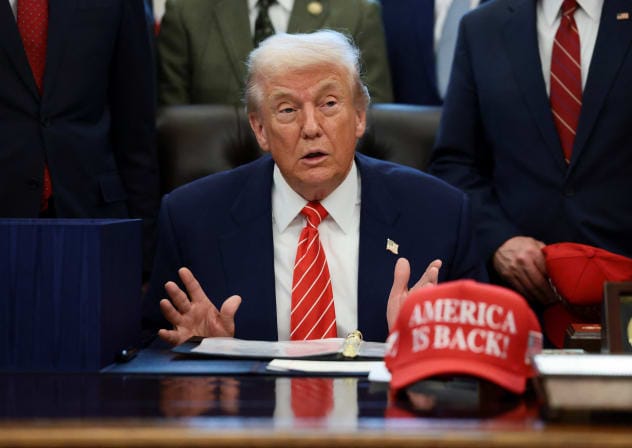Iran expected to submit draft agreement to US ahead of Geneva talks
US officials expect Tehran to present a comprehensive proposal rather than a document outlining general principles.

US officials expect Tehran to present a comprehensive proposal rather than a document outlining general principles.




A mass Farsi SMS campaign to Iranian protesters claims Trump is "a man of action" amid unrest, with many waiting for outside intervention.

Manoto News accused the Iranian regime of threatening "freedom of expression" and is currently pursuing plans to ensure continuous broadcasts.

Months after an election in Iraq, there is still no new prime minister or president. The reason for this is that political parties cannot agree on who to appoint.

Reported targets of the strikes could include the headquarters of the Islamic Revolutionary Guard Corps (IRGC), Iran’s nuclear sites, or its ballistic missile program.

Attacks could reportedly include the Houthis resuming its attacks on Western shipping boats in the Red Sea, or Hezbollah, al-Qaeda, and other "affiliates" attacking US bases or embassies in Europe.

A Saudi royal family source told N12 that the solution for Iran is no longer a limited military strike but a fundamental regime change, starting with the ousting of Supreme Leader Khamenei.

UN human rights experts demand that Iran reveal the fates of detainees, stop executions, and provide accountability amidst the brutal crackdown on protesters in recent months.

US military buildup in the Middle East signals a possible strike on Iran’s regime, with analysts suggesting it could lead to regime collapse within weeks.

US President Trump is struggling with what may be the largest decision of his presidency, amid vast domestic and global pressures and counter-pressures pushing him in opposite directions.

Reuters reported for the first time that Iran is offering fresh concessions since its talks ended last week, when the sides appeared far apart and were heading toward military conflict.
